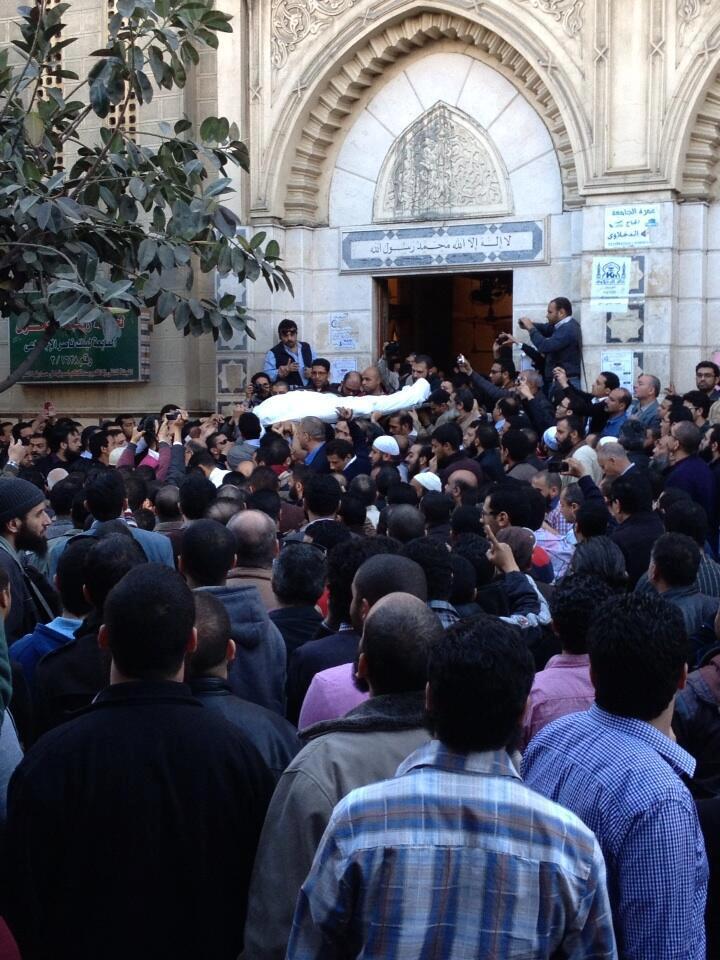CAIRO: Representatives from 10 Arab countries agreed on Wednesday on a common agenda for the future establishment of an Arab Water Utilities Network (AWUN).
The project is developed jointly between The United Nations Economic and Social Commission for Western Asia (UNESCWA) and the German Technical Cooperation (GTZ). The decision concluded a three-day consultative meeting at the Conrad Hotel titled “Proposal for formation of an Arab Water Utilities Network.
“I am very pleased with the outcome of this conference, says GTZ Principal Advisor Digby Davies. “We all need water and everyone has been able to put their cultural differences apart and come together to reach the goal of this conference.
Funded by the German Federal Government, UNESCWA and GTZ launched its first three-year phase in October 2005. The objective of UNESCWA and GTZ is to enhance regional cooperation in the water sector between ESCWA states.
In addition to providing general support, the project concentrates on issues in ESCWA member states where German Development Cooperation is active within the water sector.
At the conference, participants discussed and reached a draft common agenda on the structure of the network, membership and eligibility criteria. In Wednesday’s meeting, member representatives performed group presentations on the proposed structure and membership of the network, management, financing and key priorities.
“The establishment of a self-sustained strong regional network of Arab water utilities that provides many benefits for members and Arab water sectors, was set as the proposed objective of the network.
The participants identified water losses, privatization, tariffs, waste water re-use, desalination and water quality as key issues to be addressed by the network.
A steering committee composed of representatives from Egypt, Palestine, Jordan, United Arab Emirates, Kuwait, Yemen, Oman, Bahrain, Lebanon and Syria was also appointed during Wednesday’s closing meeting. The committee is to help launch the initial phase of the project and producing a draft constitution for the network.
The committee will be required to have a spread of representatives from all member states. Gender balance and increased female representatives on the committee is also strongly advised.
Conference moderators emphasized the importance of bringing in representatives from ESCWA member states Saudi Arabia, Qatar and Iraq, which aren t represented on the current steering committee.
ESCWA and GTZ have been asked to offer guidance and assistance to the committee in the initial formation of the network.
Regarding network membership, it was suggested that the General Assembly during the inauguration of the network be limited to governmental utility service providers, local municipalities service providers and governmental or private sector service providers.
During the second phase of the network, approximately three to five years after its establishment, secondary members from universities, research centers specialized in water and sanitation, public figures and students will be recruited for membership.
The Network Executive Board would be limited to 15 members with a maximum of three from each member state. Elections will be held every two years.
Participants presented both short term and long term proposed solutions to network financing. They agreed that joint support from ESCWA and GTZ is vital in the first year. They plan to launch rigorous marketing strategy to integrate and approach potential supporters from the private sector and local development foundations.
In terms of long term financing of the network, members proposed a strategy based on stronger integration of the private sector, and partnerships and events such as conferences, fairs and media sponsoring. Membership fees were also discussed.
The inaugural foundations meeting for the network will be held in Beirut in April 2007.



